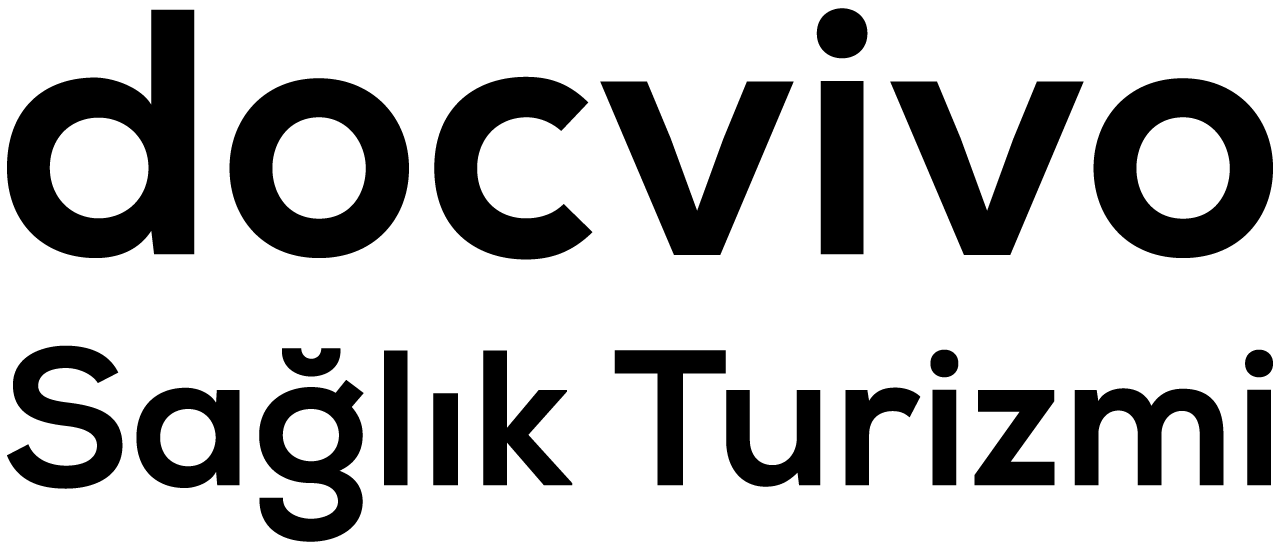Inguinal hernia surgery in Turkey is gaining popularity due to its high-quality medical care, affordability, skilled surgeons, and attractive packages. Patients can anticipate a smooth recovery, experienced medical staff, and the chance to combine their surgical journey with a vacation.
Table of Contents
Inguinal Hernia Surgery in Turkey: A Comprehensive Overview
Inguinal hernia surgery in Turkey starts with a comprehensive consultation and medical evaluation to determine the patient’s suitability for the procedure. The surgery involves repairing the weakened area of the abdominal wall where the hernia has occurred. Advanced techniques, including laparoscopic surgery, are commonly used to minimize recovery time and reduce scarring. The procedure is performed in state-of-the-art medical facilities by highly skilled surgeons. Pre-operative tests are conducted to ensure the patient’s overall health and readiness for surgery. Post-operative care includes regular follow-up visits, personalized recovery plans, and guidance on activity restrictions to ensure a successful recovery.
Inguinal Hernia Surgery Steps
Preoperative Assessment:
- Medical Evaluation: Assessment of the patient’s medical history, physical examination, and any necessary diagnostic tests to evaluate the patient’s suitability for surgery.
- Informed Consent: Discussion of the benefits, risks, and alternatives of the surgery with the patient to obtain informed consent.
Preparation Before Surgery:
- Fasting: Patients are usually required to fast for a certain period before the surgery to reduce the risk of aspiration during anesthesia.
- Preoperative Medications: Administration of medications, if needed, to prepare the body for surgery, such as antibiotics to prevent infection.
Anesthesia:
- Induction: Administration of anesthesia to ensure the patient is asleep and pain-free during the procedure.
- Maintenance: The anesthesiologist monitors and adjusts the anesthesia as needed throughout the surgery.
Surgical Procedure:
- Incision: The surgeon makes an incision to access the area needing surgery.
- Operative Task: The specific surgical task is performed, such as removing an organ, repairing tissue, or implanting devices.
- Hemostasis: Control of bleeding during the procedure.
- Closure: The incision is closed with sutures, staples, or adhesive glue.
Postoperative Care:
- Immediate Post-op: The patient is moved to a recovery area to be closely monitored as the anesthesia wears off.
- Pain Management: Administration of pain medication to manage discomfort.
- Wound Care: Instructions and care for the surgical site to promote healing and prevent infection.
- Recovery and Rehabilitation: Guidance on activity levels, dietary restrictions, and any necessary rehabilitation to return to normal activities.
Follow-up:
- Postoperative Visits: Scheduled visits to the surgeon to monitor the healing process and address any concerns.
- Long-term Care: Depending on the surgery, there may be ongoing care or lifestyle adjustments needed.
Why does Inguinal Hernia Surgery Cost in Turkey Cheap?
- Exchange rate: Favorable exchange rates for foreign currencies relative to the Turkish lira can make procedures even cheaper for international patients.
- Standardized procedures: Many Turkish clinics employ standardized protocols and techniques for common procedures like Inguinal Hernia Surgery, achieving efficiency and cost savings.
Is it Safe To Have A Inguinal Hernia Surgery in Turkey?
Having general surgery in Turkey can be safe, provided that certain conditions are met. Turkey has a growing reputation in medical tourism, including Hiatus hernia, due to its combination of lower costs and high-quality medical care.
While many patients have successful surgery in Turkey with positive outcomes, it’s crucial to do thorough research and make informed decisions.



